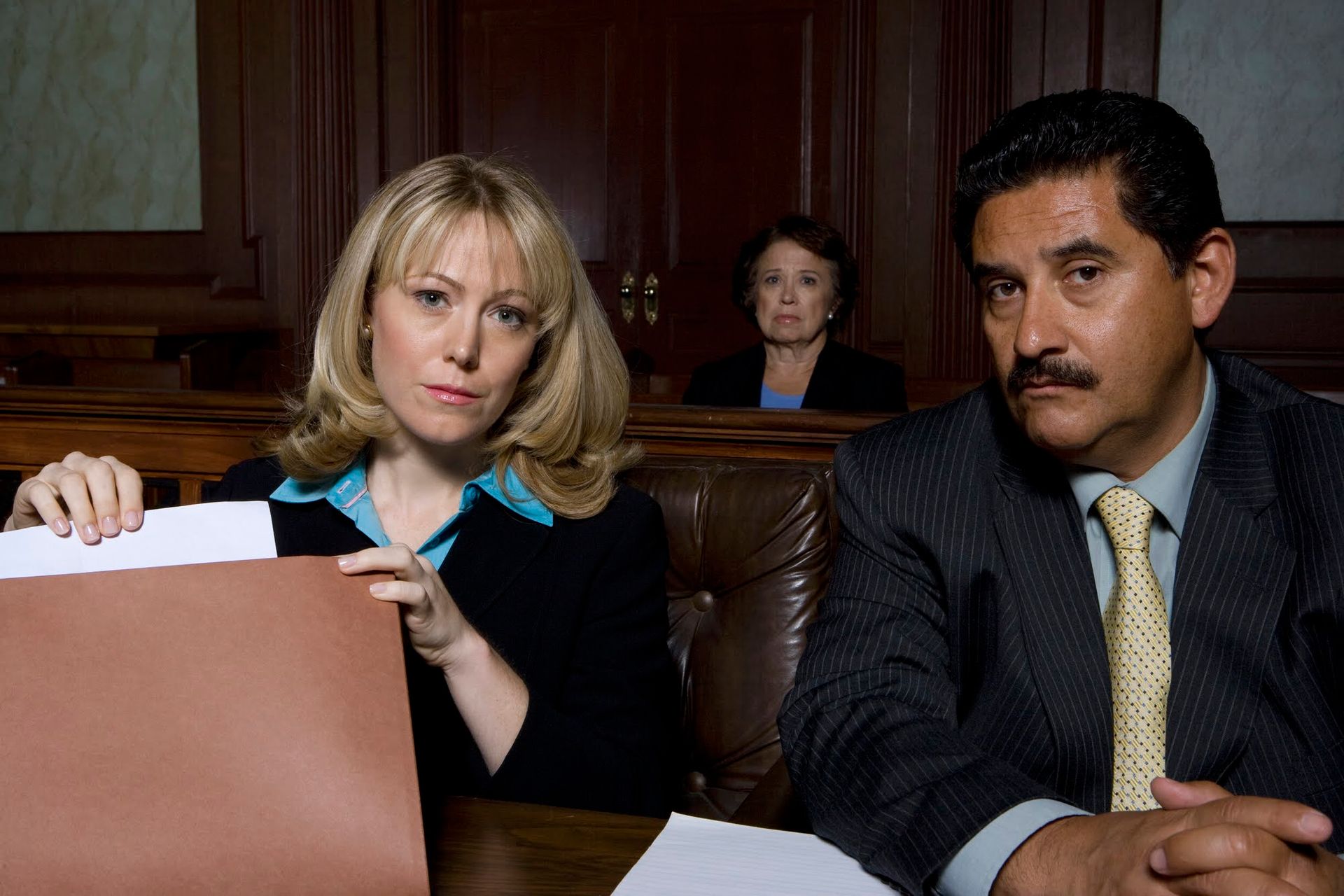
You may have heard, read, or seen countless references to criminal probation over the years without really understanding how this form of suspended correction works. However, if you find yourself charged with a crime, you may need to cultivate a working knowledge of what probation involves and the consequences of violating it.
The more you know about probation, the more easily you can stay on your probation officer's good side by following the rules. If you violate your probation agreement, you need to understand how an attorney may help you minimize the damage done. Start by studying the following frequently asked questions and their answers.
What Does Probation Involve?
Probation offers a community-based alternative to incarceration. Under the terms of probation, a person convicted of a crime may remain largely free under certain conditions set by the court. These conditions may involve weekends in jail, mandatory community service, fines, fees, and restrictions regarding firearms or intoxicants.
Depending on the severity of the offense, your probation term might extend for a matter of months or several years. However, a judge may also end a probation term prematurely if you meet all the necessary conditions for early discharge, such as serving at least 50 percent of the term.
Who May Qualify for Probation?
Courts generally offer probation in cases where the convicted individuals appear to pose no threat to society at large, or when imprisonment seems either too harsh a penalty or simply unnecessary. For instance, if you commit a non-violent crime as a first offender, the judge in your case may offer you probation.
Although courts generally reserve probation for lesser crimes, it may apply to both misdemeanors and felonies. If you receive probation for a misdemeanor, you'll report to someone associated with your county's probation office. If you receive felony probation, you'll report to the Wisconsin Department of Corrections.
Don't assume that any and all crimes qualify for probation, even on a first offense.
What Role Does Your Probation Officer Play?
If you receive probation, the court will assign a probation officer to your case. This officer holds a wide range of responsibilities, from making sure you pay your mandatory supervision fee and completing all necessary paperwork to monitoring your state of employment, making home visits, and supervising periodic drug tests.
You must report to your probation officer on a regular schedule as determined by the court. A positive, open relationship with the officer could prove immensely helpful. Keep in mind that the parole officer can inform the court of your full cooperation and good behavior, which may lead to a shortened probationary term.
A probation officer can also help you in other ways during your supervision. For instance, this professional may help you find mental health assistance, prepare to re-enter the job market, seek help for chemical dependency, and gain access to other important services that may aid your rehabilitation.
If you stop communicating with your parole office or attending required meetings with the officer, the court may issue a warrant for your arrest. The court may also extend your parole term by the amount of time between your first failure to communicate and your apprehension by the authorities.
What Happens if You Violate Your Probation?
You can violate a probation term in numerous ways. Failure to pay your supervision fee, report to your parole officer as scheduled, and remain free of drugs and alcohol can all constitute parole violations. If you get charged with a fresh crime during your probation term, this additional charge may also count as a violation.
Violation of a probation agreement can have serious consequences. In the case of a minor or first-time violation, your probation office may simply issue a warning. Depending on the nature of the violation, you may also need to undergo counseling, complete a drug rehabilitation program, pay additional fines, or accept a lengthier probation.
Repeated or more serious violations may prompt a parole revocation hearing. In this hearing, the prosecution will present evidence of your violation or violations with the recommendation that the court cancel your probation. You may then have to obey the terms of your original sentence, which may include significant prison time.
How Should You Respond to Probation Violation Charges?
Don't give up hope right away if you face parole violation charges. The prosecution must show compelling evidence that you violated parole, just as it had to show sufficient evidence to convict you in the first place. If you can present equally compelling evidence in your defense, the judge may actually rule in your favor.
To improve your chances of success in fighting a parole violation charge, you should engage a criminal defense attorney who can represent you as effectively as possible. This kind of legal expert knows the subtleties of the law and understands how to undermine any holes in the prosecution's case against you.
Whether you hope to get probation for a potential criminal sentence or you need to offer a defense against a probation violation charge, the skilled, experienced legal team at Cohen Law Offices stands ready to help. Contact us today so we can discuss your situation in detail.

